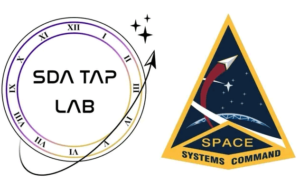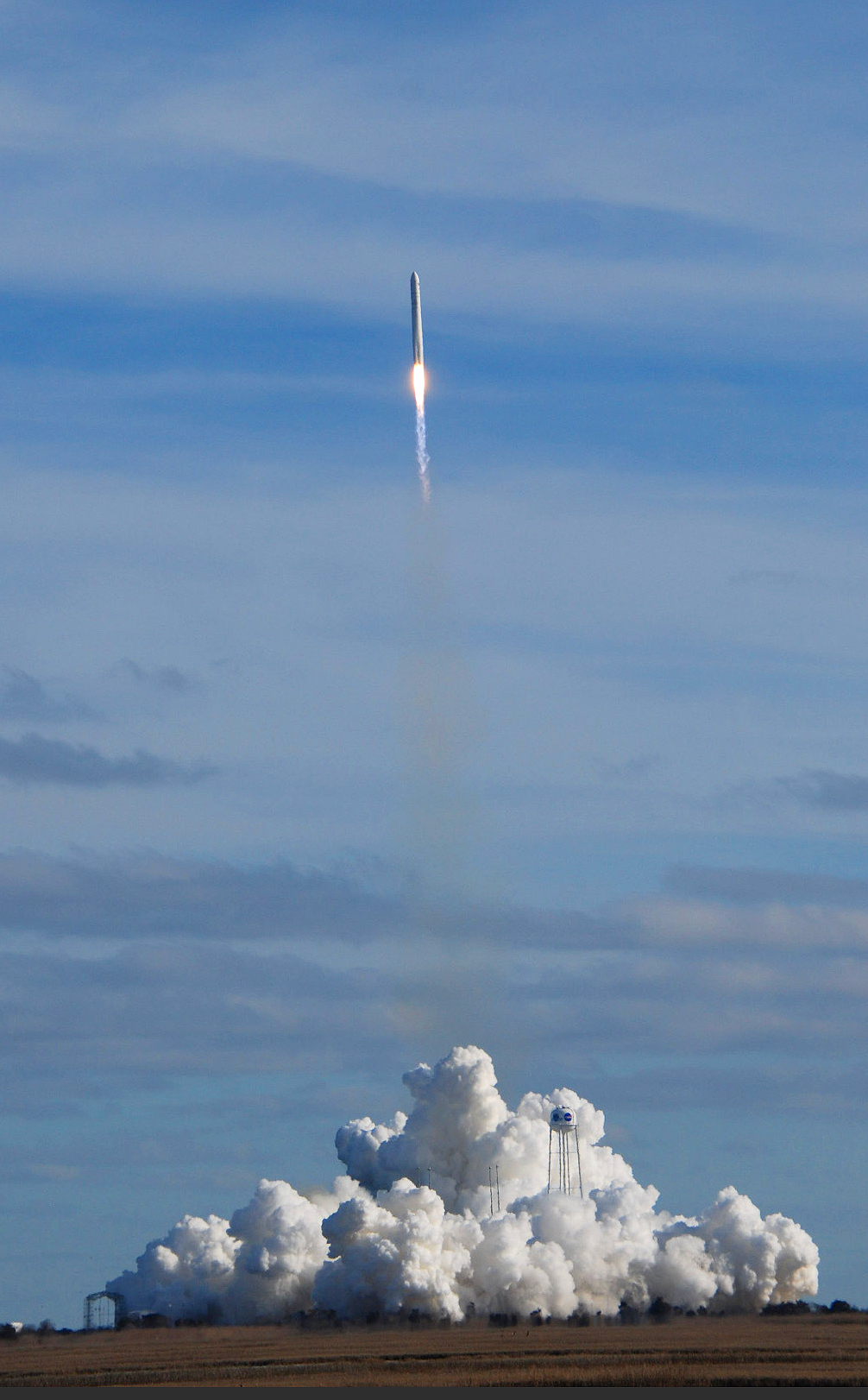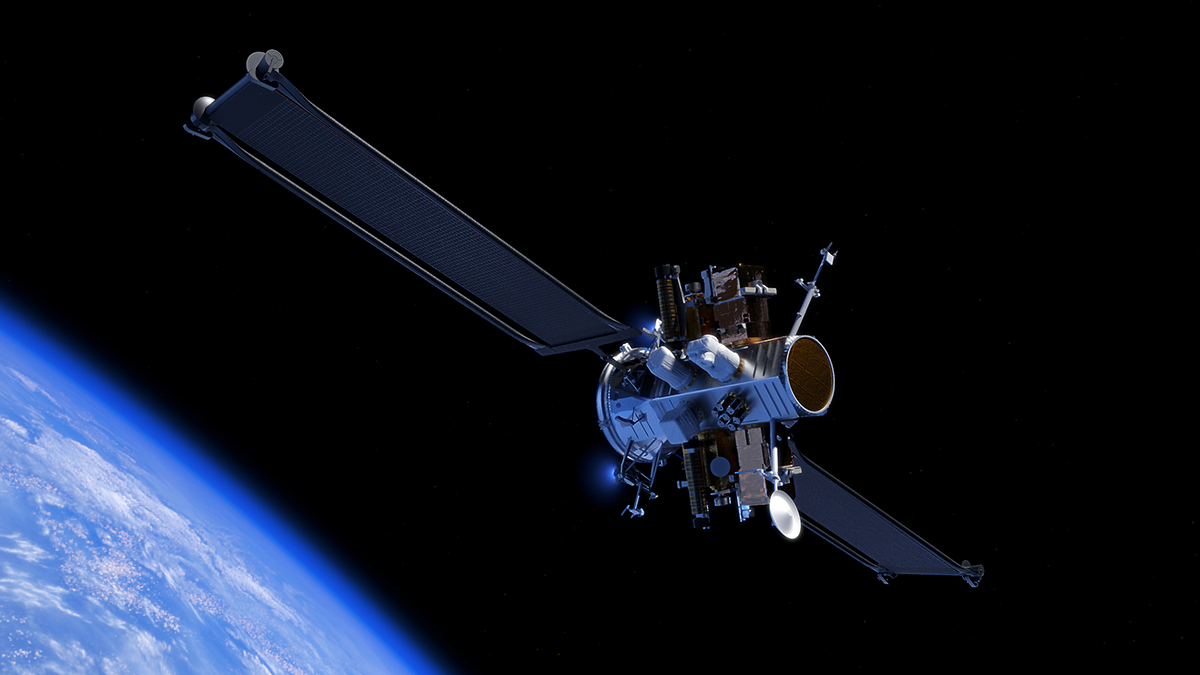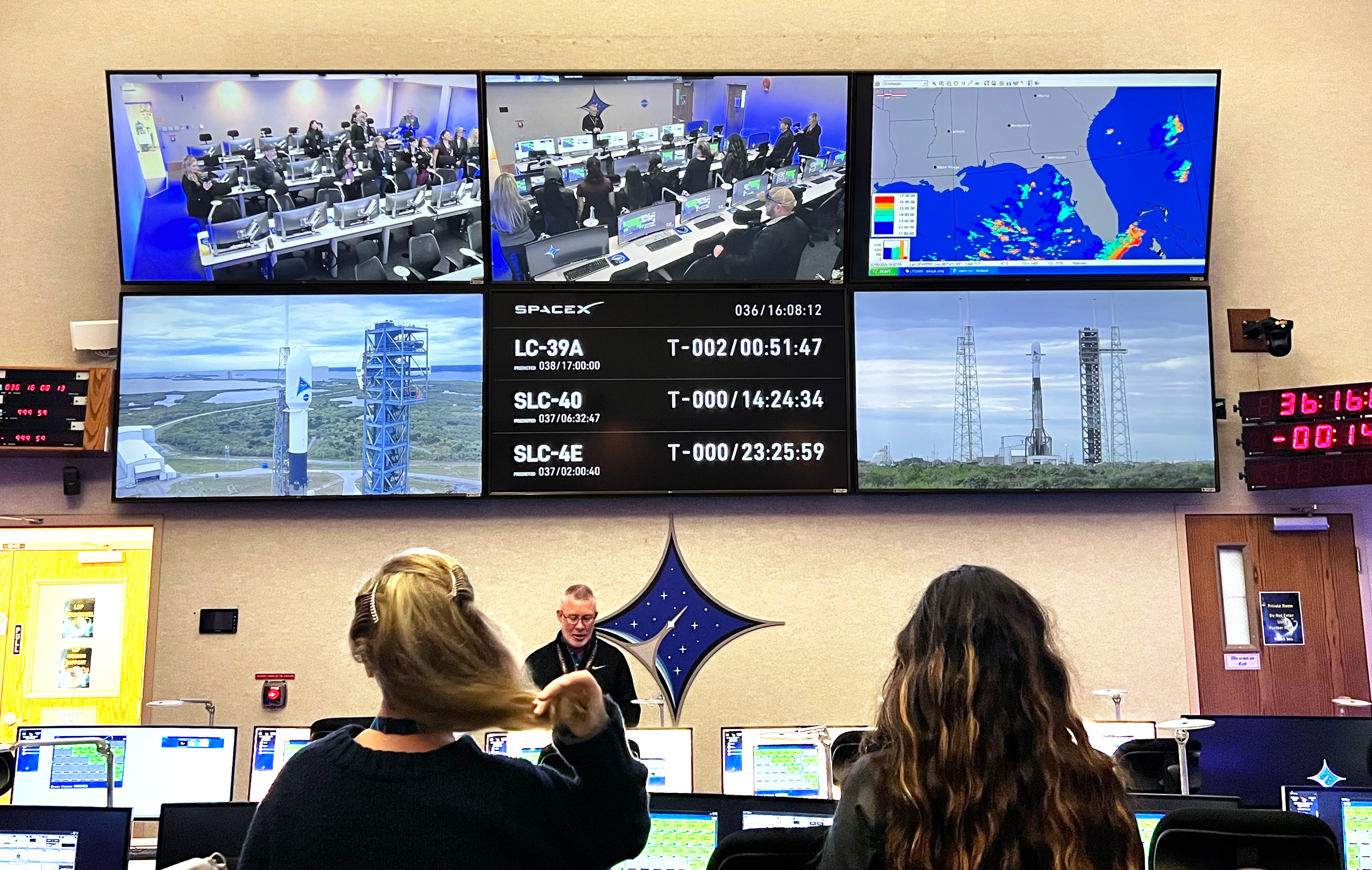The U.S. Space Force is partnering with private industry this spring to develop the “Digital Spaceport of the Future.”
The intention implied in this ambitious program’s title speaks to the enormity of the problem that it’s meant to solve:
The operating system for U.S. spaceports – a patchwork infrastructure of labor-intensive operations and logistics cobbled together over 60+ years from stovepiped government-agency software running on aging hardware – desperately needs modernization.
Why? The launch business is booming and, with it, the core data practices of the space economy.
That’s where AI comes in:
The U.S. Space Force expects launch cadence at the nation’s spaceports to speed up by 30% year-over-year; the Eastern Range alone will host more than 116 launches in 2024.
SpaceX alone launched 1,871 Starlink satellites in 2023, and 564 so far in 2024. Amazon plans more than 77 launches with partner launch providers for its own Project Kuiper, and Blue Origin is developing Blue Ring, a multi-use spacecraft that will move data, cargo, and other spacecraft in and between earth and lunar orbits.
So, as the space industry surges into a state of massive, vibrant complexity and growth, stakeholders across all domains find themselves working on a universal problem: making data work better and faster.
Acquiring data is easy: Whatever the instrumentation – satellite sensors, telemetry systems, computational analysis – any space company’s access to their own data is no more complicated than the tools and staffing they use. The hard part is normalizing and operationalizing that data with context and insights – the kind that support budgeting, strategy, development, and real-time operations.
Data practitioners still struggle with normalizing and interpreting data correctly to support their planning and decision-making in the increasingly complex and data-rich intraorbital environment.
Artificial intelligence, carefully built and responsibly deployed, will streamline those efforts, and support that heavy lift.
By empowering efficient R&D and ensuring safer and faster operations across complex technical domains, AI will serve as the radically-expanding space economy’s amplifier – and pressure valve.
In design work, AI can model potential equipment failures under myriad conditions, exposing risks before costly and dangerous live operations reveal them the hard way.
At launch, AI can identify anomalies and shut down unforeseen mission risks far faster than human monitors ever could.
And during spaceport data operations – whether via post-processing and analysis, active synthesis, or networked orbital computing – AI can reveal critical anomalies and valuable opportunities across completely heterogeneous datasets that might otherwise have been lost in hours of costly human labor.
Built fully interoperable, responsibly scalable, and thoroughly secure, AI will fuel the space economy’s already massive growth – and the evolution of Earth as a spacefaring world – for centuries to come.
We are excited to be architecting that future, and that’s why we at Planetary Systems AI are partnering with agencies, private companies, and passionate, brilliant minds to accelerate their growth.
We are obsessed about space data. Watch this space. Or reach out. We’re always glad to connect and learn from you.
Mack Reed is Head of Product at Planetary Systems AI. He can be reached via our Contact page.




 We’re sharing proud kudos to Aquarious Workman, CISM, our Head of Cybersecurity, who is busy preparing Planetary Systems AI for compliance with the DoD’s CMMC 2.0 standards and industry best practices:
We’re sharing proud kudos to Aquarious Workman, CISM, our Head of Cybersecurity, who is busy preparing Planetary Systems AI for compliance with the DoD’s CMMC 2.0 standards and industry best practices:


